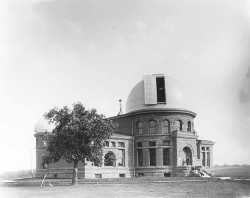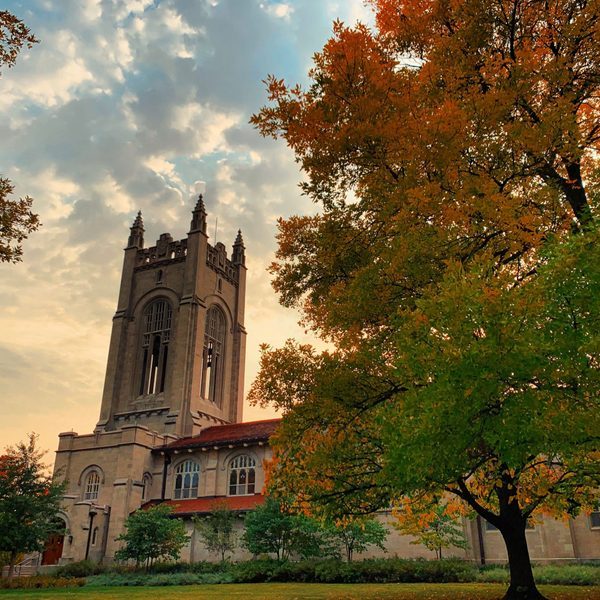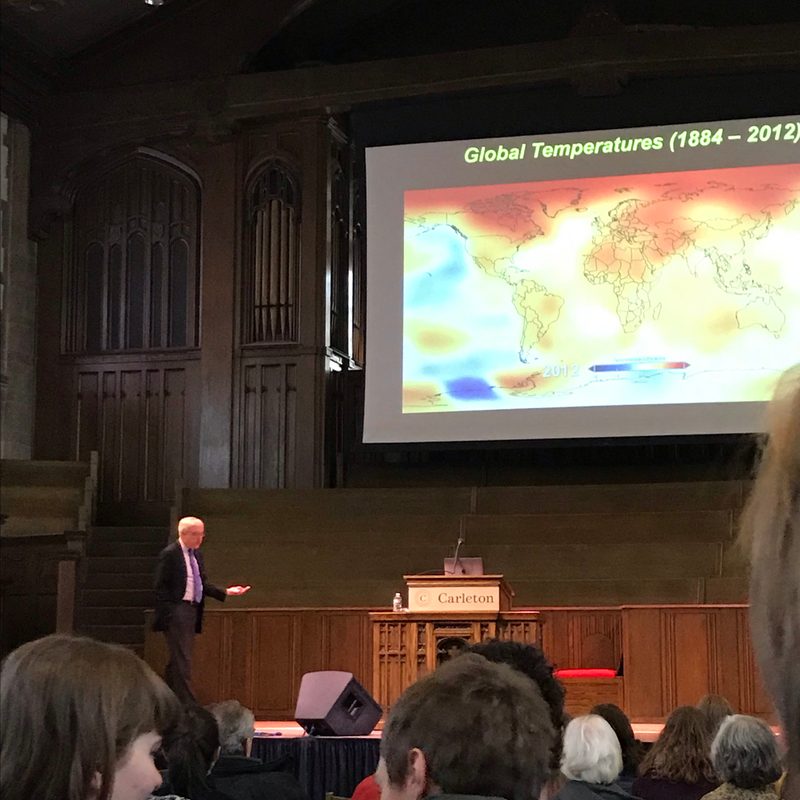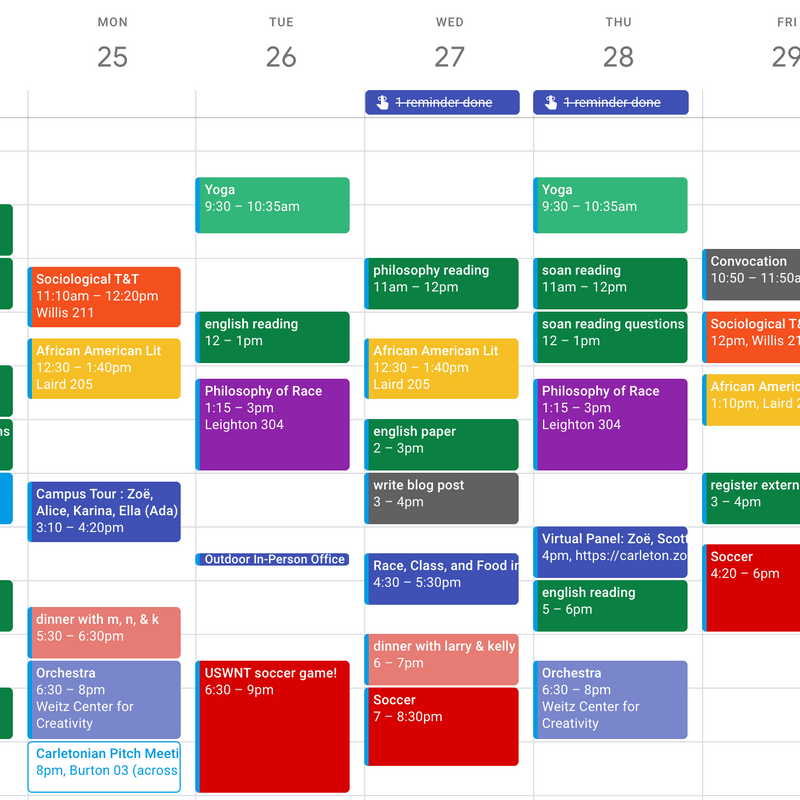Carleton Time: How time flows on campus
Tate details the unique ways Carleton navigates time, including our calendar, our punctuality, and our history of timekeeping.
Tate details the unique ways Carleton navigates time, including our calendar, our punctuality, and our history of timekeeping.
From our early days, time has been important to Carleton. Goodsell Observatory, one of the first buildings constructed on campus, was built with timekeeping in mind. Astronomy requires excellent timekeeping, so it was essential to have a good system to measure time. And we ended up with an incredibly accurate clock for the time. Carleton filled a gap in the railroad industry. We provided accurate time measurements to many Midwestern and Northern railways to use for coordinating track switches and schedules.
Most of the Twin Cities ran on Carleton’s time measurements, too. We gave direct time measurements to metropolitan banks and jewelers, and had a more public ball-drop each day at noon, allowing the city to set its clocks. Eventually, though we were relatively unknown, we were setting time for much of the Northwest. To this day, the old clocks stay in Goodsell, though we’ve moved on to more standardized timekeeping.

Present Day “Carleton time”
Even with the synchronized technology of smartphones and watches, Carleton students aren’t the most prompt. There’s a phrase you’ll hear pretty often around school: that campus runs on “Carleton Time.” Carleton students are busy, and so being on Carleton Time means that lots of students show up to their engagements a few minutes late. If you get somewhere ten minutes early, you’ll probably get there earlier than the person running the event.
To someone who prides themselves on getting places on time (if not early), this was a bit of an adjustment to have to make. However, it’s something that most of campus accounts for. My choir director tends to make call times just a bit earlier than the time he actually wants people there, because he knows he’ll always have a good deal of stragglers. The only things that are consistently early on campus are the chapel bells, which ring out at 11:57 am. They play a different song each day, finishing just before the chimes of Willis Hall signal noon.

Wait a minute!
During the week, there are only a few times when Carleton students have expressly nothing to do. Carleton time ceases, if only for a bit on Tuesdays and Thursdays, when we have Common Time. This is a break from classes in the middle of the day from noon to 1 pm, where departments can schedule lunches, campus-wide events are held, and convocation lunches are available. On Fridays, we stop classes for about an hour to have Convocation, which is a speaker series. Each week, an expert speaker comes in to talk about something they’re really passionate about, and every Carleton student has the opportunity to attend.

Our calendar
But time doesn’t stop for too long, because the term moves pretty fast here. Carleton does its calendar year pretty differently too. We operate on a trimester system, while most schools do a semester calendar. This means we have three terms per year, each lasting around 10 weeks. In each class, we’re covering an entire semester’s-worth of material, which means we’re moving through the material more quickly. But, to combat this, we only take three courses per term, as opposed to the traditional four classes at a semester school. This 10-week term makes it really easy for us to keep track of time, although not in the traditional sense.

Day-by-day
A common Carleton response to the question “how are you doing?” is “well, it’s x-th week.” All Carleton students know the connotations of first week, fifth week, and (god forbid) eighth week. We’re also acutely aware of the day of the week, because we mark our calendars not in dates, but in weeks and days of the week.
To a Carleton student, an orchestra performance that occurs on November 11th is happening on 9th Friday, not November 11th. If you tell a Carleton student something is happening on November 11th, you’ll get a blank stare and probably a question about what day and week it’s on. While Carleton doesn’t operate in the Twilight Zone, I think it’s fair to say we treat our time pretty differently here. We manage our time well, and make sure that even when we’re busy (and get to our events a few minutes late), things run smoothly.
Tate (he/him) is a senior hailing from Colfax, WI (just two hours east of Carleton). He is double majoring in Linguistics and Music and minoring in Cognitive Science. Outside of academics, he sings in Carleton Choir, Chamber Choir, and Exit 69 A Cappella, serves on the Experimental Theater Board, and DJs for KRLX. He also founded Off The Cuff, Carleton’s storytelling organization. When he’s not occupied by these activities, he enjoys hiking in the Arb, attending screenings in the Weitz cinema, and telling anyone who will listen about ridiculous linguistic example sentences. Meet the other Bloggers!